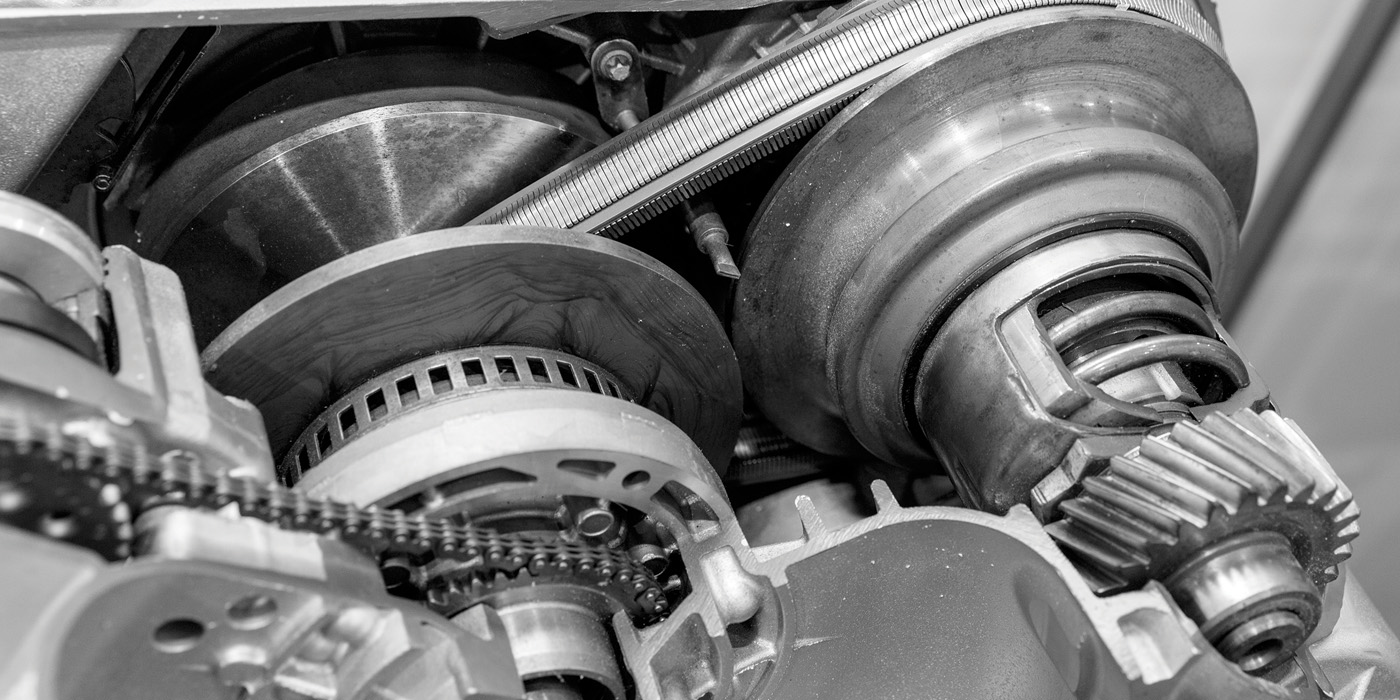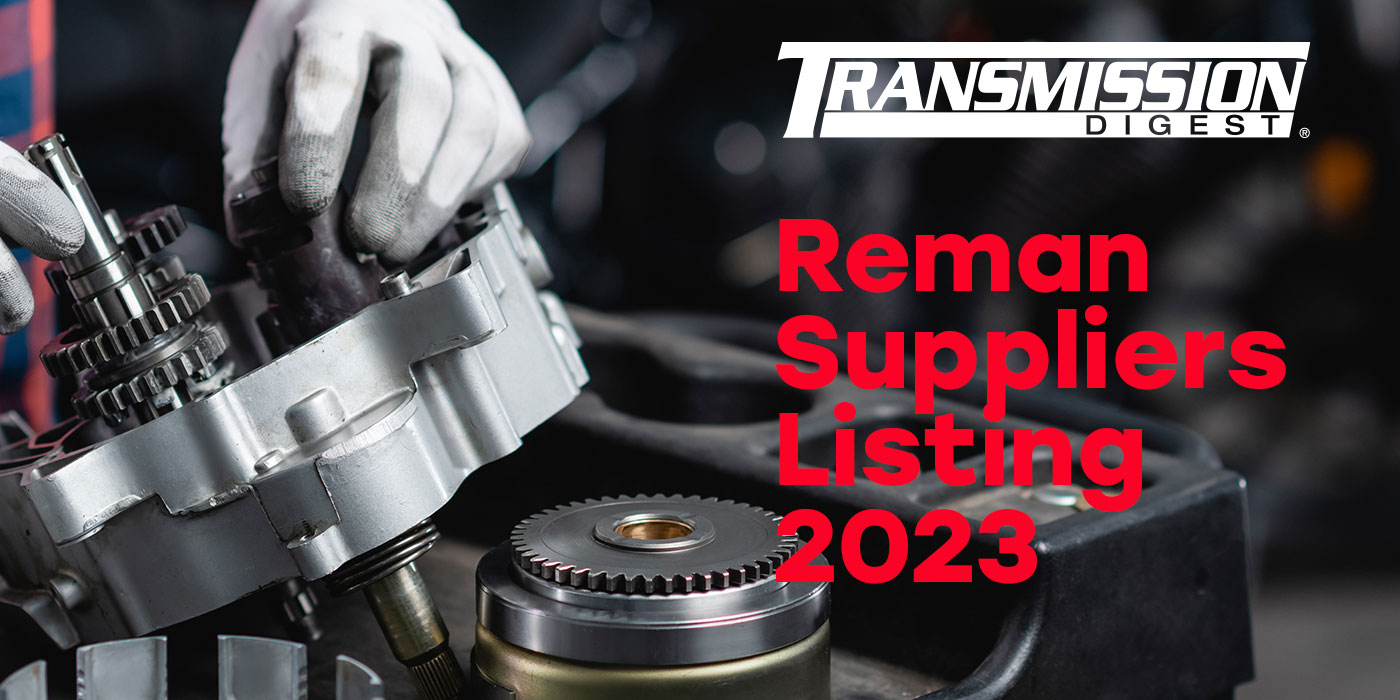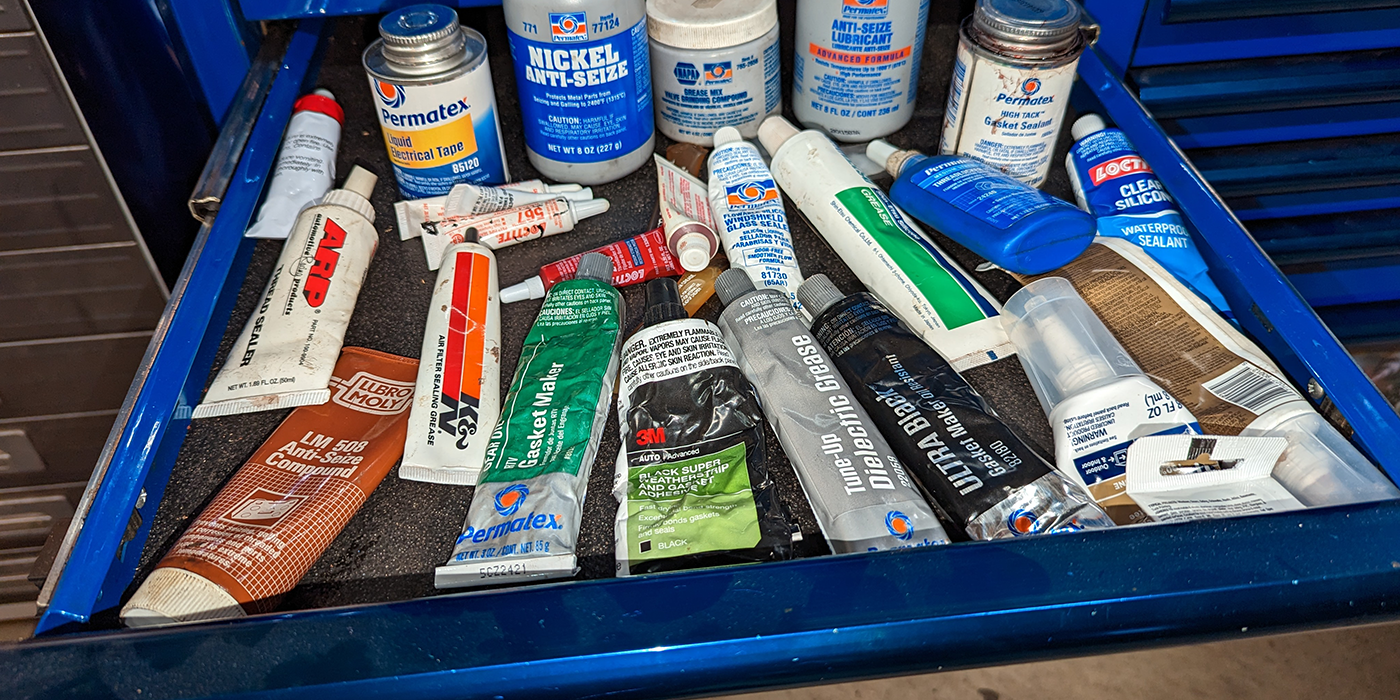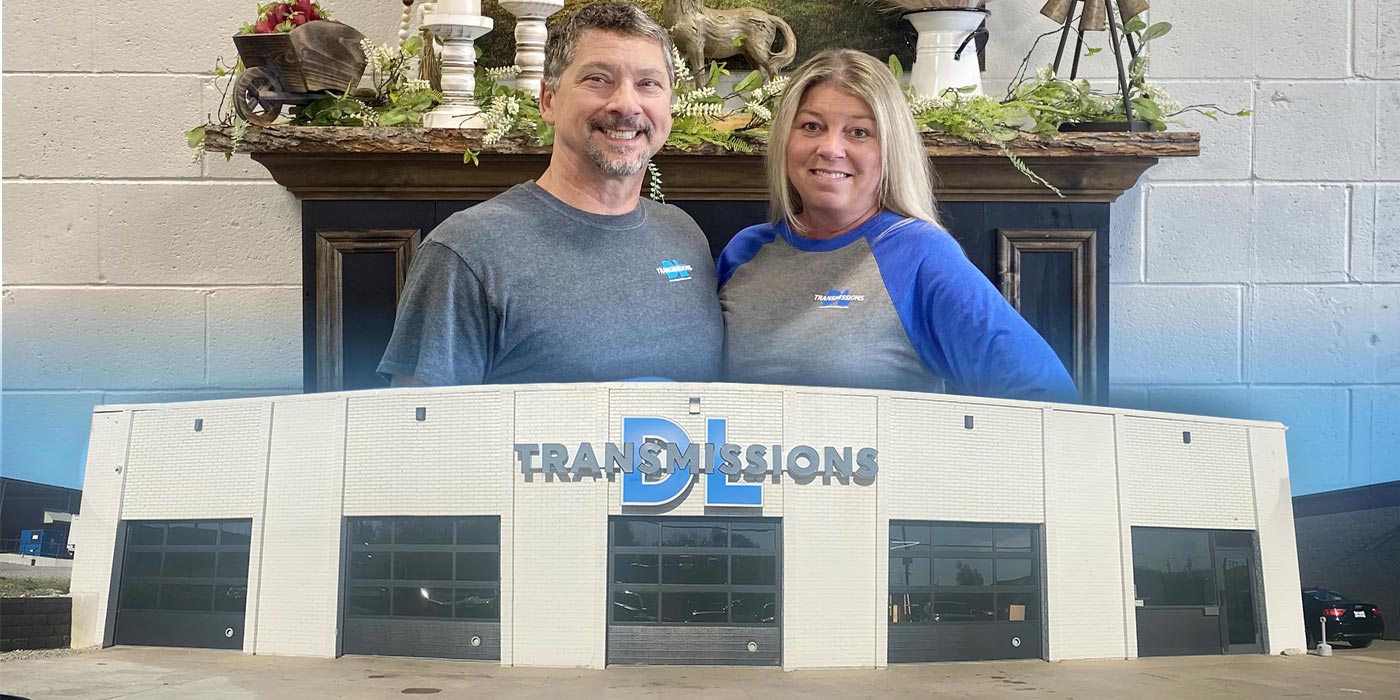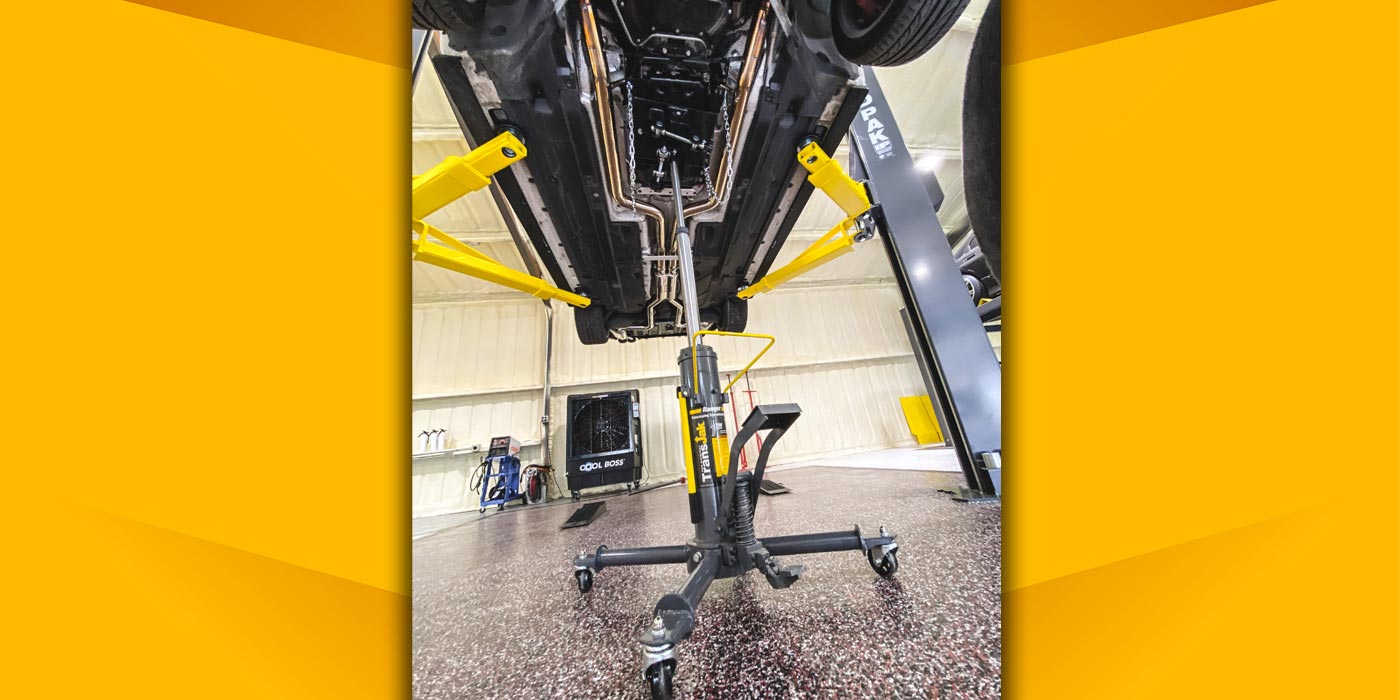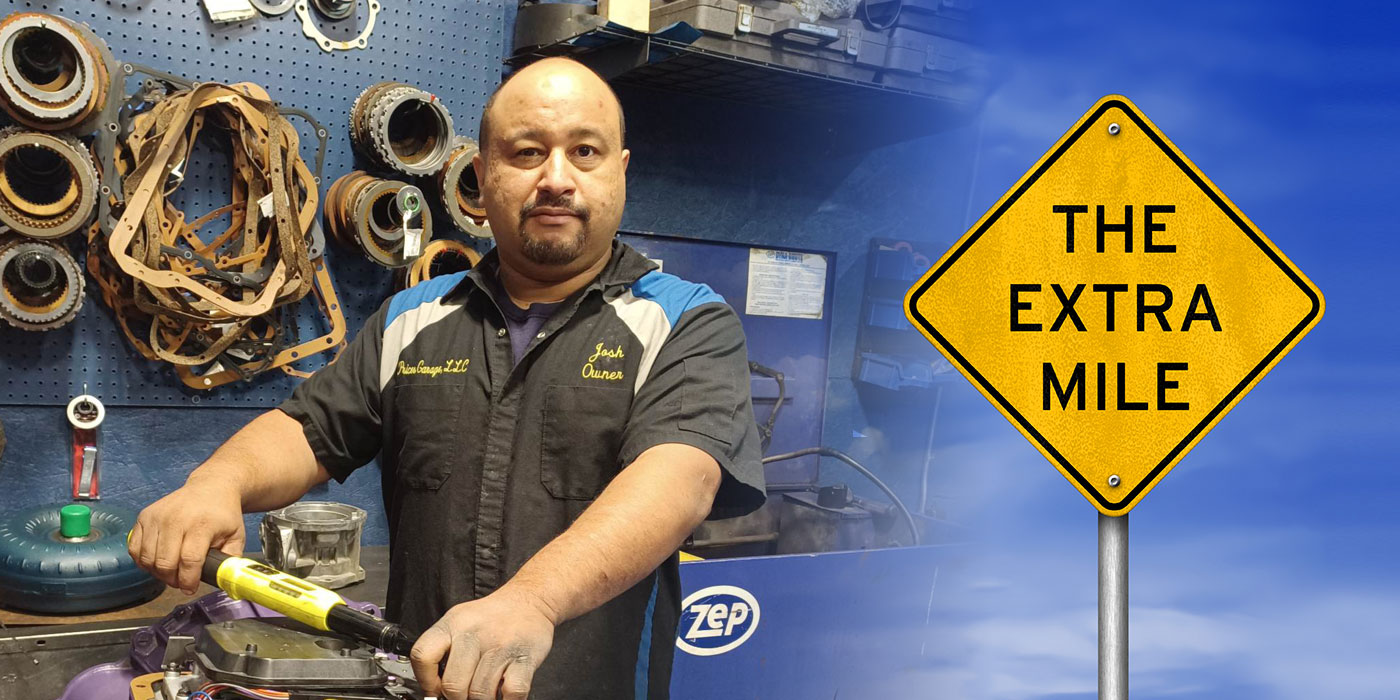
It’s Your Business
- Subject: Rules for handling money
- Essential Reading: Shop Owner, Center Manager
- Author: Terry Greenhut, Transmission Digest Business Editor
When I first started in business I received two kinds of advice from people who seemed to genuinely want to help me succeed; there was the good and the not-so-good. Some of the good advice was on how to handle the money I would take in from doing sales. This may sound like a strange topic to discuss, one that we all should somehow have been born knowing, but we weren’t. Even the most experienced of shop owners can make costly mistakes when it comes to handling their money.
There are several rules for handling money. The ones that most concern me deal with holding on to it and distributing it in a manner that makes sense. So rules No. 1 and No. 2 have to be “Don’t let anyone steal it from you” and “Don’t let anyone cheat you out of it.” You work much too hard for your money to let anyone come along and take it from you just because they want to. The problem is that if you aren’t watching or if some people think you aren’t watching they will try to take what they can from you because it’s easier than working for it. Some will try to sneak it away in small amounts they hope you won’t notice, and some are arrogant enough to think they can get you for big numbers and somehow get away with it. The problem is that many times they can. The good thief will hit you hard and fast. You may not even realize the full effect until long after he or she is gone.
So Rule 1A with a bullet is “Never take your eyes off the money!” It used to be difficult to track money in real time. You didn’t know how much was in the bank until you received your statement in the mail or questioned the banker every day about your balance and which checks had cleared. Today there’s nothing to it. You can go online and view every transaction in about as real time as it gets.
Many owners hire managers and bookkeepers who handle their money. They take it in and pay it out. Although most are honest, law-abiding citizens, there will from time to time be the bad apple. The general rule is that the person whom you would least suspect because of his or her great demeanor and attitude is the one with the easiest chance of getting to you.
If you set up a consistent method for monitoring all transactions and let everyone who handles your money know you are watching, the odds of anyone even trying to steal money from you are greatly diminished. Stealing things other than money also can be achieved if the proper checks and balances are not put into effect and monitored with enthusiasm. Parts, supplies and customers are the other areas of concern.
A technician who orders parts in your name and charged to your account, to be used on one of his own side jobs, is stealing. One who whispers in a customer’s ear “Bring it over to my house tonight; I’ll fix it for you cheaper” is stealing.

Guarding against that type of activity isn’t as difficult as you might think. Let all your suppliers know that you absolutely refuse to pay for any parts that were billed without a proper purchase-order number. Then log in all parts and immediately check that each invoice correlates to a live repair order. Even shop supplies that are not specific in part number to a particular vehicle should be billed to each job. That way items like cases of brake cleaner don’t just up and disappear. Charging out half a can of something to a job may seem petty in the overall scheme of things, but not charging for it can eat away at profits and send the signal that you aren’t paying as close attention as you should.
I was in a shop recently where the owner left a petty-cash box out on a shelf in his office. Several times I saw employees come in and remove money from it for one thing or another. I didn’t see any receipts or notes placed in the box to indicate where the cash went. That, to me, is a major red flag. Leaving cash around is just too big a temptation, and even if everyone is totally honest, accounting for it that way is almost impossible.
An employee stealing customers so he can run an uninsured, unlicensed business from his house in the evening is guilty of a capital offense. If caught that employee should be dealt with by immediate dismissal only because we don’t have firing squads anymore. If you want to keep this from happening, the simplest way is to not have technicians in a position where they have any interaction with customers. Have managers or service writers do all the selling, and don’t let technicians road-test cars with customers in them.
Of course, a manager or service writer also could be running a shade-tree operation on the side, but it is less likely to be an issue if every vehicle that crosses the driveway must be logged in and at least have a check-out sheet started that includes vehicle and customer information including contact phone numbers. Then the owner’s job would be to follow up with all leads that did not turn into jobs (something an owner should be doing in any event).
How does all this happen? How do people get away with stealing, sometimes over long periods? The answer is that most small-business owners are focused primarily on sales, providing product and customer relations. That’s the part they understand best and in which they want to be involved. Nobody ever went into a small business with the idea that they wanted to manage money. It’s a by-product of the business the company does, so of course the owner’s focus won’t be on it. That’s what makes him or her the most vulnerable.
Another great scam to be avoided involves paying cash up front to contractors who say they need the money to order materials. Any legitimate contractor will not demand cash and usually will have the wherewithal to lay out money for materials. If you ever do pay for supplies up front, pay only when you see them appear at your shop.
Try to avoid untraditional and untested forms of advertising. They are usually losing propositions. If someone offers you an exclusive ad in a piece of print media, it usually means he couldn’t find any other automotive shops willing to go in. Invest wisely in long-term advertising that will keep your name constantly in front of the public so that when they finally need something they’ll think of you.
Three other rules I’ve lived by and believe are the cornerstone of being in business are:
- 1) Always pay your employees what you owe them. Word gets around very quickly in this business. If you get a reputation for paying slowly, not paying or cheating employees out of money you won’t be able to attract any good ones.
- 2) Always pay your payroll taxes and sales tax on time and in full. Of course, you want to pay them on time because if you don’t there will be penalties and interest, which is like adding insult to injury, but know this: Nonpayment of taxes has put more companies out of business than any other reason. The government is not like your suppliers. It won’t call every week and threaten to cut you off if it doesn’t get a check. It waits until the total is more than you could possibly pay and then puts a padlock on the door. If it is payroll taxes that you withheld from employees and didn’t submit, you also can be at risk criminally as well as financially. Want to avoid the problem? Set up a separate payroll account in which you always deposit enough to make the payroll and the taxes. When money is mingled into the general account there is always the possibility you will use it to pay other bills, leaving you short. When you get behind on taxes, catching up is very difficult.
- 3) Never bounce a check! The worst thing you can do in business, the one that makes everyone lose faith in you, is to bounce checks. The act of writing a check is a commitment on your part that the money to back it up is really there. If you bounce one, you lied. Whoever the recipient is may never trust you again.
Of course, it’s all about using common sense, but isn’t everything in business?

Visit www.TerryGreenhut.com.


